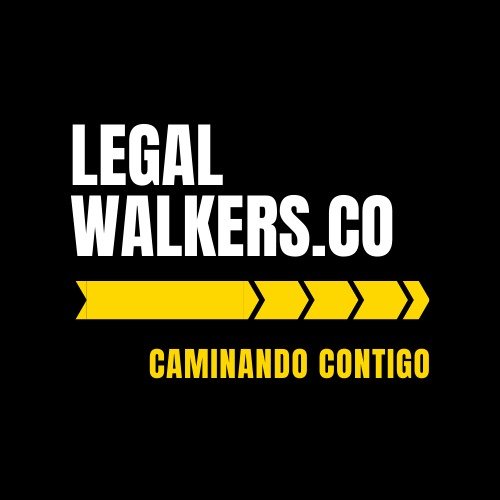
Best Child Custody Lawyers in Bogotá
Share your needs with us, get contacted by law firms.
Free. Takes 2 min.
List of the best lawyers in Bogotá, Colombia

About Child Custody Law in Bogotá, Colombia
The child custody law in Bogotá, Colombia, is governed by the Colombian Civil Code and Family Code. These laws - like that in many countries - prioritize the best interest of the child above everything else. Typically, when parents separate or divorce, one parent is usually awarded primary custody, while the other parent receives visitation rights. Although mothers are usually granted primary custody, the law does not discriminate based on gender, and the courts will award custody based on the child's best interest.
Why You May Need a Lawyer
Securing a capable lawyer is often necessary in custody disputes as they can be complex and emotionally draining. Lawyers provide essential guidance through complicated laws and court procedures. Situations where you may need a lawyer include contesting child custody or visitation rights, altering existing child custody arrangements, child relocation cases, and cases involving parental alienation or child abuse allegations.
Local Laws Overview
Colombian law dictates that both parents have equal rights and obligations towards their children. In the event of a divorce or separation, the court will determine the child's residence based on the child's best interest. Normally, the non-custodial parent is given visitation rights. Colombia operates under a 'no-fault' divorce system, meaning the court does not consider either parent's misconduct when making custody or property distribution decisions. However, the child's well-being is paramount, and any evidence of domestic violence or harm to the child can impact custody decisions.
Frequently Asked Questions
Can a parent take a child out of Colombia without the other parent’s consent?
No, this is regarded as illegal unless there's explicit consent or a court order. Usually, the non-traveling parent must authorize the travel by signing a permission form in front of a notary.
Can custody decisions be modified?
Yes, modifications can be made to the custody decision if there's a significant change in circumstances and if the alteration is in the child's best interest.
At what age can a child decide which parent to live with?
According to Colombian law, a child aged 10 years or older can express an opinion in court, although the final decision will always be based on their best interest.
Who pays child support and how is it determined?
Both parents are obligated to provide child support. The amounts are typically calculated based on income, the number of children, and their needs.
What happens if the non-custodial parent refuses to return the child after visitation?
This is considered unlawful retention and can result in legal consequences. You may need legal advice to address such a situation appropriately.
Additional Resources
The Colombian Family Welfare Institute (ICBF) is an excellent resource for understanding your rights and responsibilities regarding child custody. International organisations like The Hague Conference on Private International Law can also provide support and advice for cross-border child custody disputes. Legal aid organizations and family law clinics can provide consultation and services, often free or at a reduced cost.
Next Steps
If you need legal assistance in a child custody matter, seek advice from an experienced family law attorney who understands local child custody laws. Make sure to provide them with all pertinent information and documents. Engage with local support groups and organisations for emotional and practical support. Remember, every child custody case is unique - what worked for someone else may not work for you. Thus, professional guidance is crucial whenever you are dealing with such sensitive matters.
The information provided on this page is intended for informational purposes only and should not be construed as legal advice. While we strive to present accurate and up-to-date information, we cannot guarantee the accuracy, completeness, or currentness of the content. Laws and regulations can change frequently, and interpretations of the law can vary. Therefore, you should consult with qualified legal professionals for specific advice tailored to your situation. We disclaim all liability for actions you take or fail to take based on any content on this page. If you find any information to be incorrect or outdated, please contact us, and we will make efforts to rectify it.


